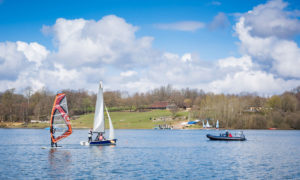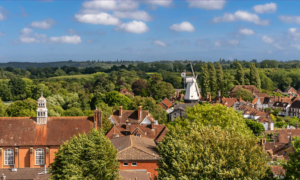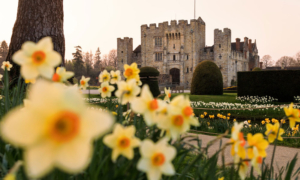

Designed by W Barton-Wright as the standard goods locomotive for the Lancashire and Yorkshire Railway in 1876, these locomotives were officially a Class 25. However, they were nicknamed ‘Ironclads’ after the battleships that were being built at the time. The class eventually numbered 280 examples, and these were produced over 11 years by several private manufacturers. No. 957 (as it was numbered when built) was one of the last 50 of the class being constructed by Beyer Peacock of Manchester in 1887. The locomotive spent its life at Goole shed for the passenger and goods services on the Axholme Joint Railway and latterly at Wakefield for the coal traffic to and from the Yorkshire and Lancashire pits to Goole and Hull. In 1923, at the grouping, 957 became a member of the London Midland & Scottish fleet as 11204, and after 72 years of service, now numbered 52044 under British Railways, 957 was withdrawn from Wakefield in August 1959. The locomotive was preserved by Mr Tony Cox and relocated to the Keighley & Worth Valley Railway in 1965, three years before they opened. 52044 has been featured on television several times throughout its preserved life. It is probably best known for its appearance in the 1970 feature film ‘The Railway Children’ when, in green livery, it gained the unofficial name of the ‘Green Dragon’. The engine has also starred in BBC’s ‘Born and Bred’ and the remake of ‘The Hound of the Baskervilles’. The locomotive was withdrawn in 1975 and remained out of service until a bequest came to its aid. Now owned by the 957 Bowers Trust, the locomotive returned to working order in 2001 following an overhaul costing £150,000. When its boiler certificate expired in 2012, 957 was put on display in the shed at Oxenhope. In 2016, with a view to a return to active service, the locomotive was moved to Haworth. The restoration was undertaken by a small, dedicated team in time for the 50th anniversary of ‘The Railway Children’ in 2020. 52044 is operating our standard steam services on the 5th, 6th, 12th and 13th of April before operating on an enhanced timetable over the Easter period with Caledonian Railway No. 828.

















